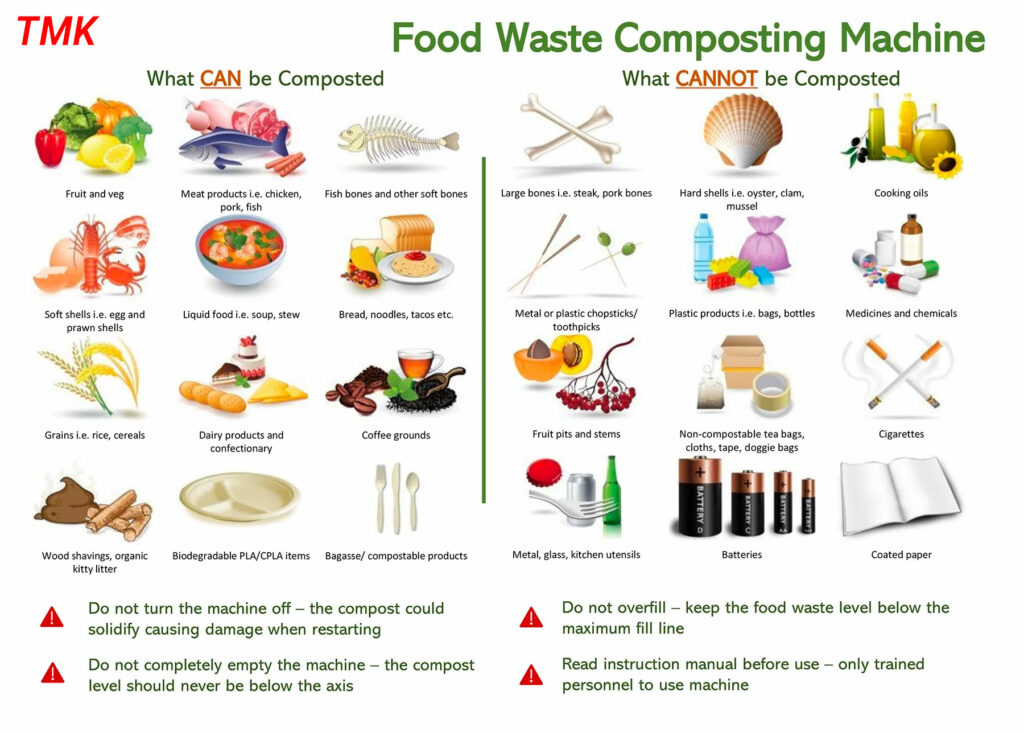On-site composting is a natural and efficient process that allows for significant reductions in waste volume, savings on waste management costs, and a final product that is reused as a fertiliser and soil conditioner. It’s a simple and effective way for your business to contribute to a greener and better world.
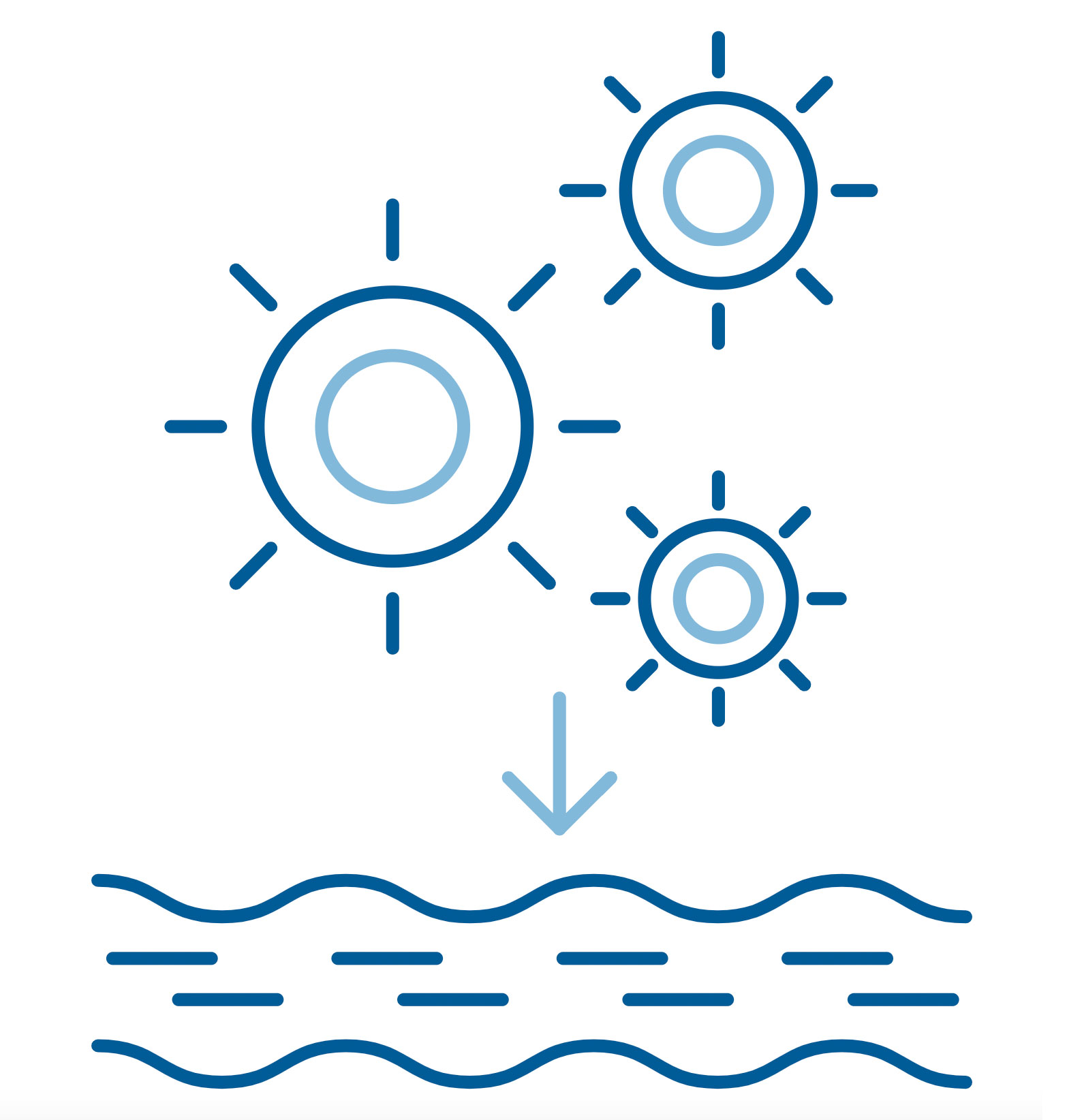
Returns Nutrients to the Soil
Vital nutrients found in compost often include nitrogen, phosphorus, and potassium which eliminate the need for using harmful artificial fertilisers that further damage our ecosystems.
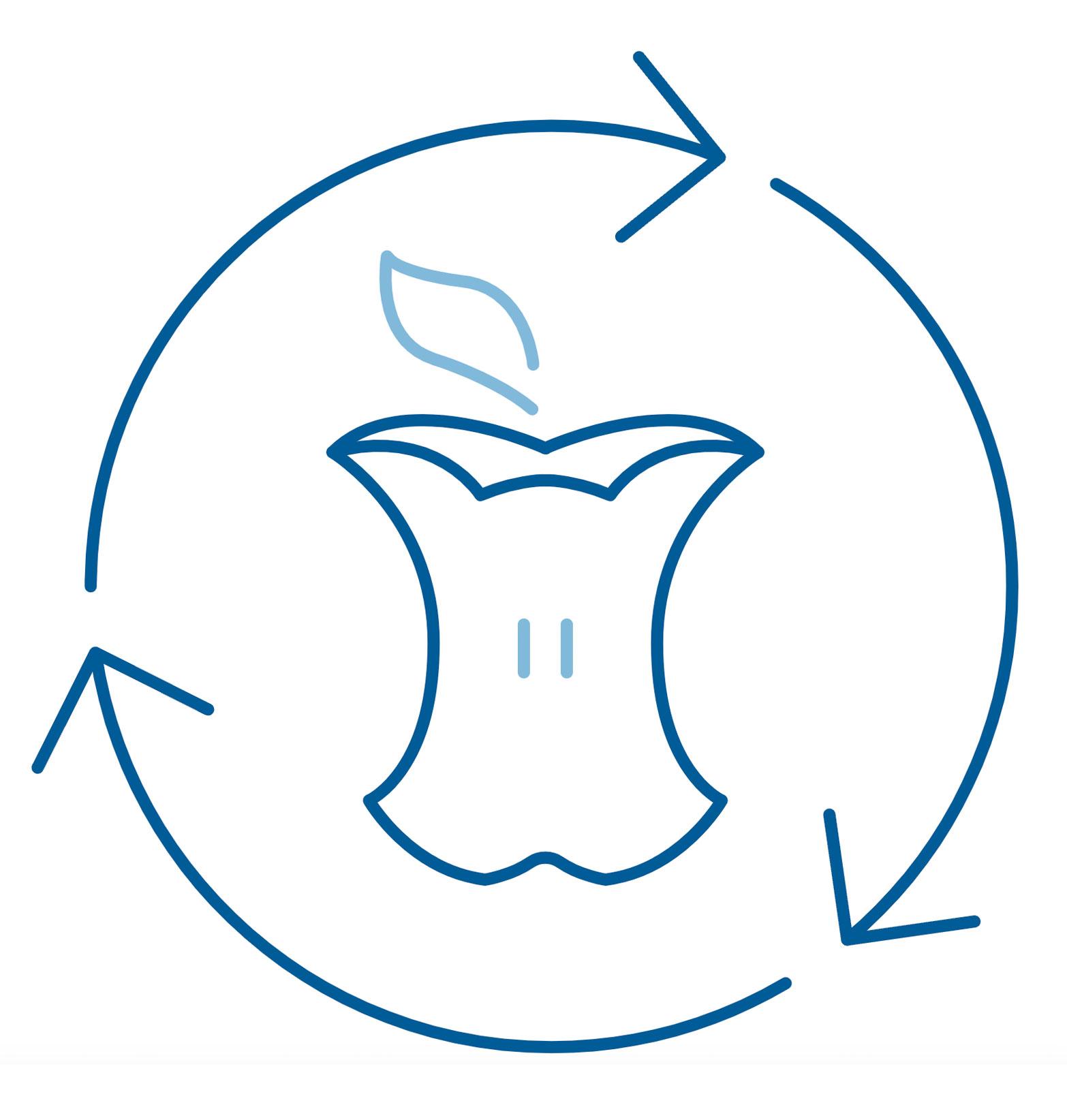
Diverts Waste from Landfill
Research has shown that food waste in landfills creates methane – a greenhouse gas that is approximately 25 times more potent than carbon dioxide and a direct contributor to global warming.
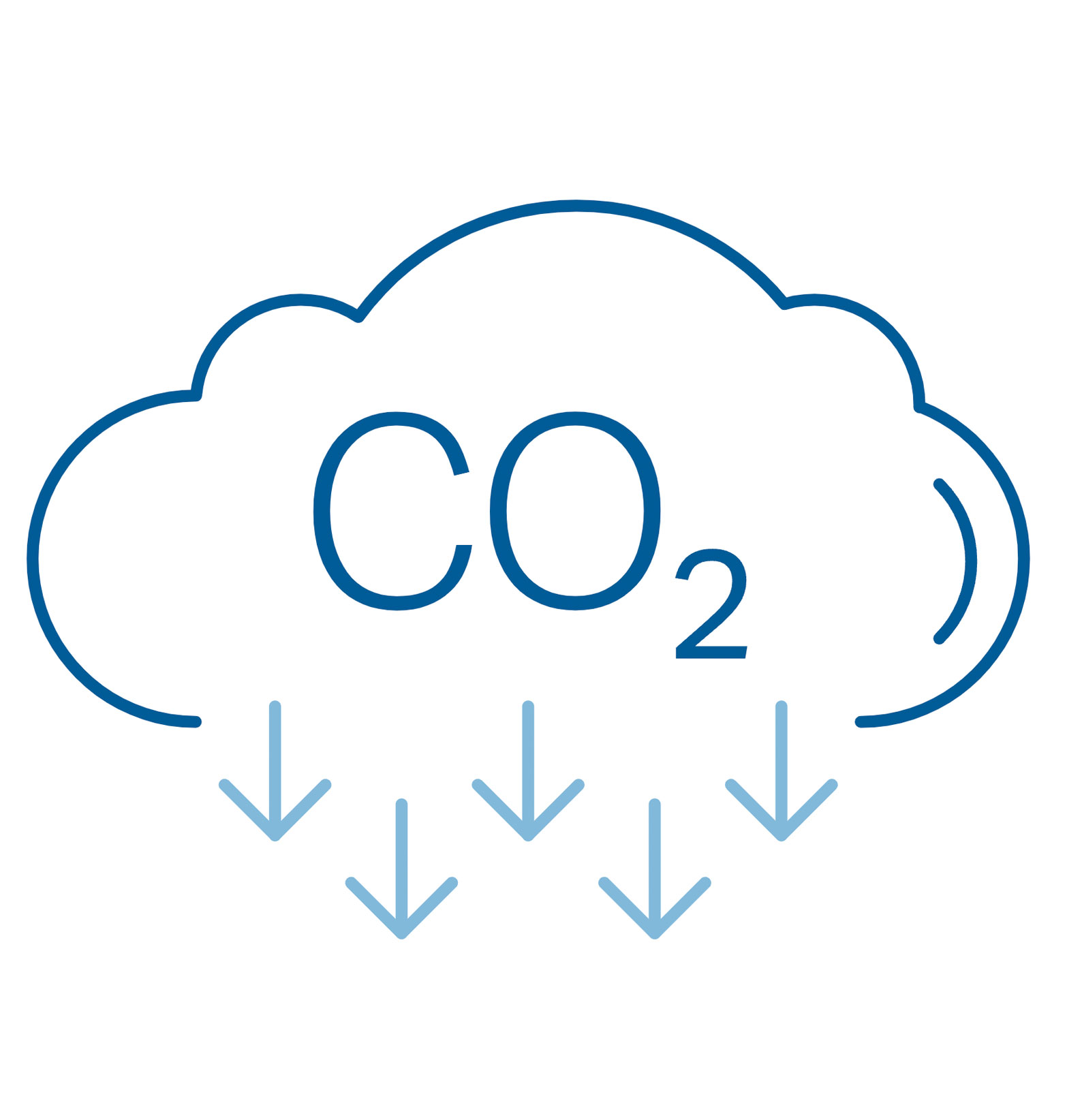
Lower C02 Emissions
Greenhouse gas emissions are reduced from landfill diversion and the reduced need for waste removal trucks on the road.

Improves Air Quality
Returning compost to the ground supports the sequestration of carbon, the process of capturing and storing carbon dioxide from the atmosphere.
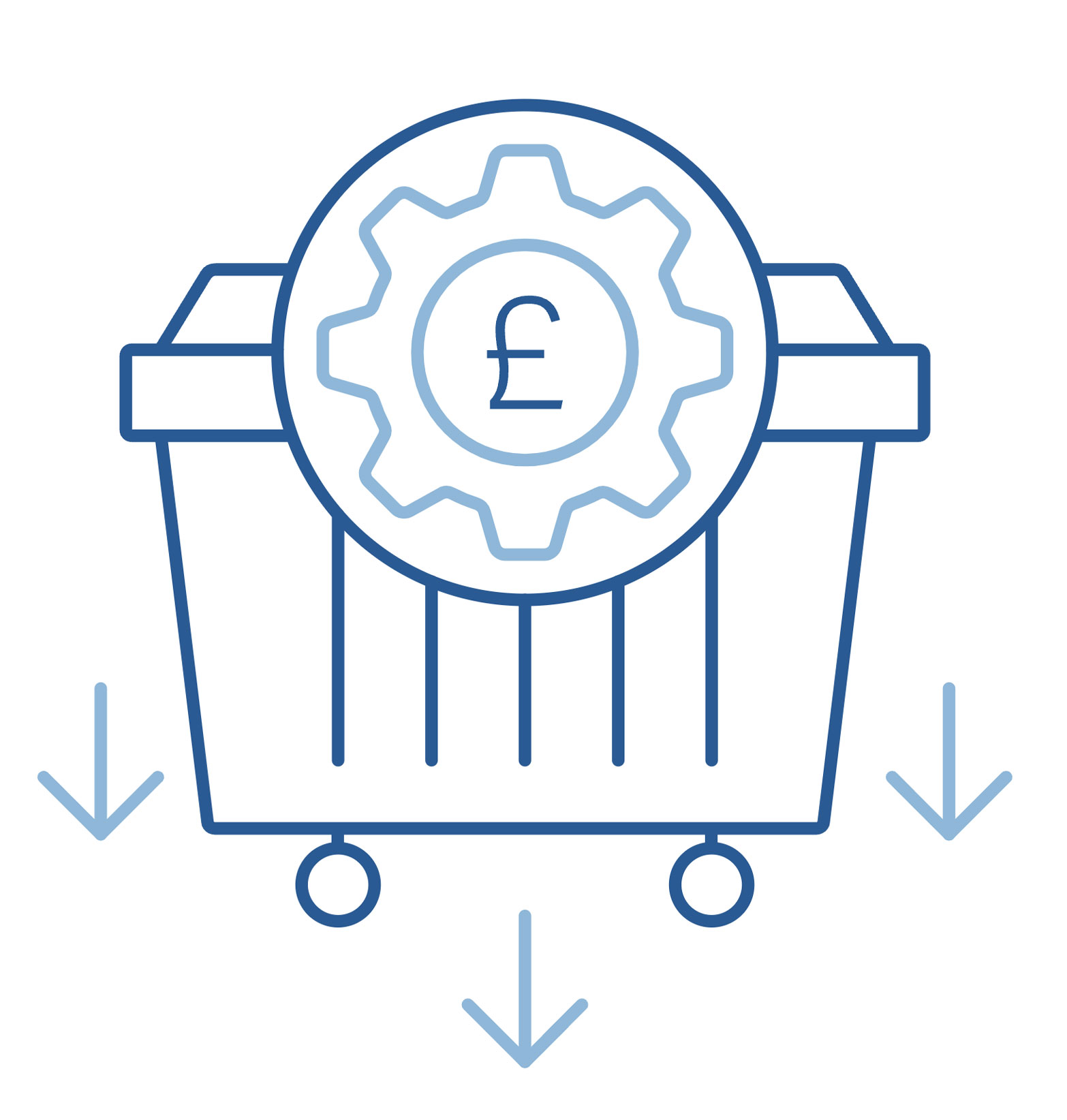
Reduce Waste Management Costs
There is a reduced or eliminated need for food waste collection as food is processed on-site in a closed-loop solution.

Strengthen Corporate Social Responsibility (CSR) Mandate
Many companies are expected by the public to be involved in initiatives that benefit the environment. Businesses using TMK’s composters are reducing their contribution to landfill by turning their food waste into a valuable resource.

Pest Control
Food waste is loaded into a sealed tank, rather than being stored in open bins, eliminating access to rodents and unwanted pests attracted to food waste. Odour is significantly reduced by processing the food waste into compost.

Space Saving
Reducing the need for multiple food waste bins to be stored in between collections. The machine offers an 80-90% reduction in food waste volume.
